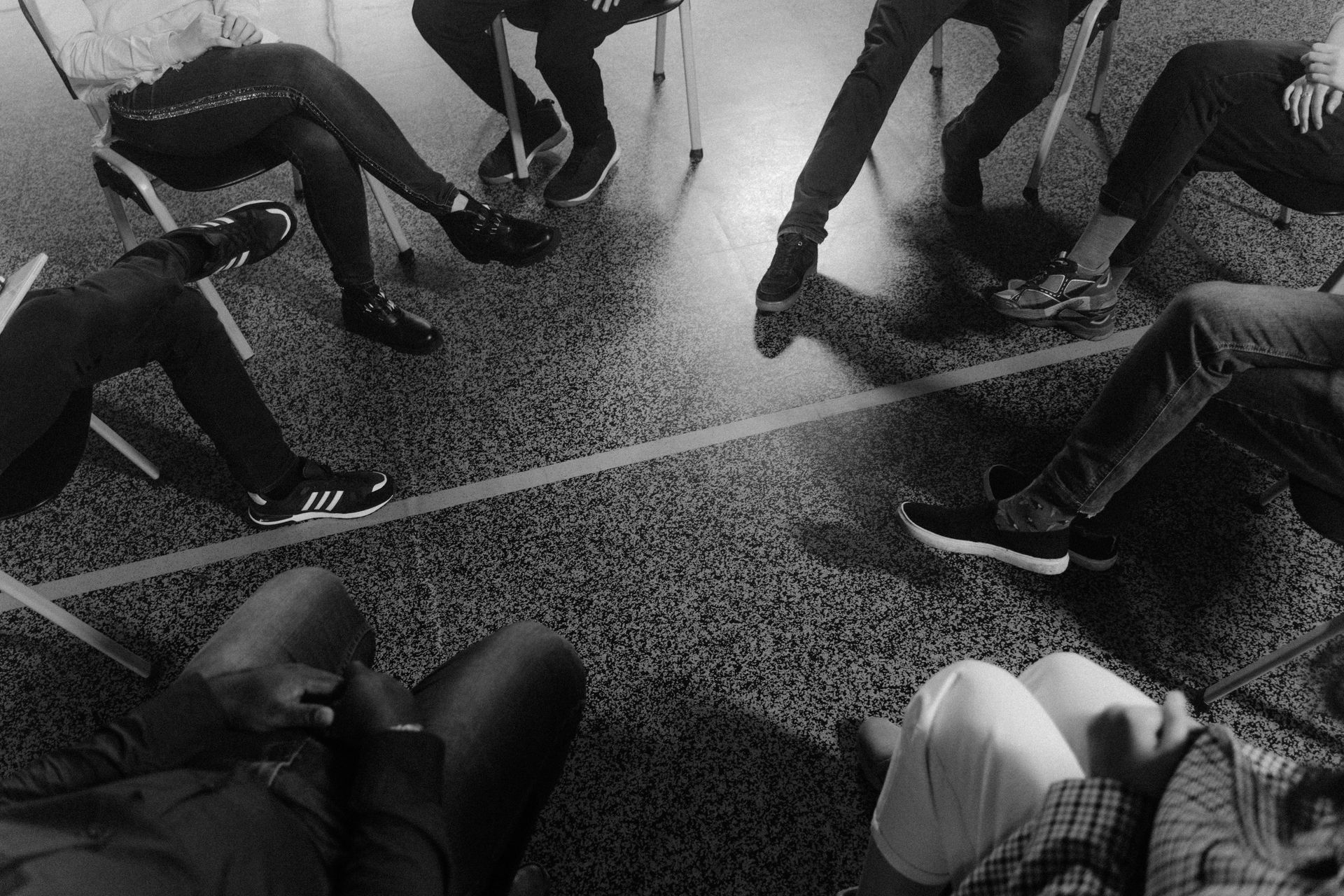Why is Happiness Hard?
A Brief Introduction to Hedonic Adaptation

Most of us want to be happy but are unsure of how to achieve sustainable happiness. In our professional experience, we have observed frequently that what we think will bring us lasting happiness does not.
What could help explain this?
Enter the phenomenon that psychologists call Hedonic Adaptation, which says that our level of happiness fluctuates throughout life, but over time reverts to baseline.
To illustrate, say that you had the goal of buying a car, so you saved up for it. Right after you bought the car you felt thrilled. But a few weeks later those feelings are gone. You feel no better than you did before - maybe even worse.
According to hedonic adaptation, getting the new car produced a temporary boost in happiness, but as you got used to it (i.e., adapted to it) your level of happiness went back to what it was before.
For another common example, take Michael who was recently promoted to Vice President at a prominent investment bank.
Michael had been working hard for many years to get this highly coveted promotion and was convinced that after he got it, he would be happy. When he finally received word of his promotion, his happiness initially increased. However, after 3 months on the job he felt no different than before: After the novelty of his role faded, he felt like he was back where he started, but now in a position with higher expectations and more stress.
As you can see in the examples above there was a temporary increase in happiness, followed by a return to baseline or below baseline. This is very similar to the effects produced by drugs and alcohol – we get a temporary boost in well-being followed by a crash or hangover. After repeated use, the increase in pleasure becomes less intense while the crash, withdrawal, and hangover last longer and become more intense.
In recovery we get to take things one day at a time, while adopting a healthier long-term mindset. We get to avoid sacrificing our future self for instant and fleeting pleasure.
Remember: Sobriety gives to us slowly what alcohol and drugs gave to us quickly.
Call us today to get started: 773-747-5500.



